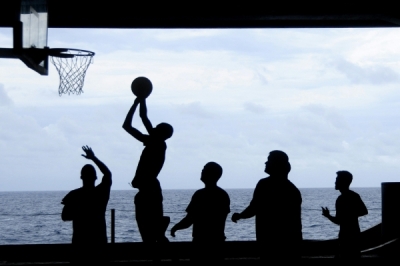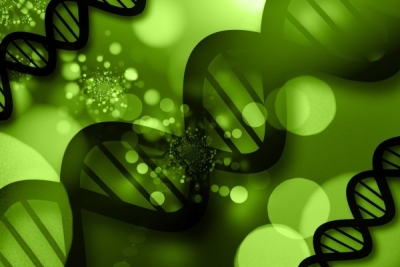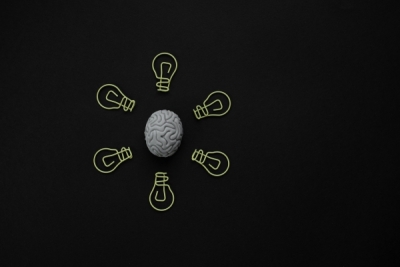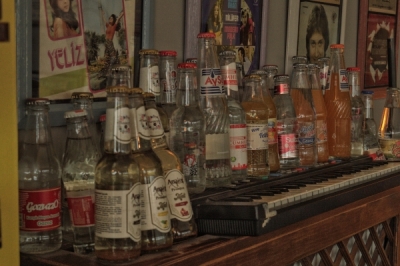What happens when you drink and what is the relationship with diabetes?
Alcohol acts on the liver, which is the organ responsible for releasing glucose (sugar) into the bloodstream between meals and while you sleep, precisely to prevent hypoglycemia (low blood glucose levels). When you drink, the process of releasing glucose stores from the liver is interrupted, which can cause hypoglycemia.
Two types of physiological changes can occur in diabetes mellitus (diabetes): insulin production is insufficient to maintain the correct blood sugar level and/or the body is unable to use insulin properly. As a result, the person may have a very high blood sugar level (hyperglycemia), which can cause serious problems, such as vascular, kidney and vision diseases.
Potential protective effect of light to moderate alcohol consumption?
The existing literature on the relationship between alcohol consumption and type 2 diabetes mellitus (T2 Diabetes) is controversial. Several studies indicate that moderate alcohol consumption is associated with a reduced risk of diabetes due to improved insulin sensitivity (1,2), while high alcohol consumption is associated with a greater risk of developing the disease. There are also a few other studies that show that alcohol consumption increases the incidence of T2 Diabetes, regardless of the amount of alcohol consumed. According to a report published by the World Health Organization (WHO) (3), light to moderate consumption had a protective effect that prevented 25 thousand deaths from diabetes, as well as reducing disability-adjusted years of life lost (DALYs) due to diabetes. However, it is crucial to understand that the relationship between alcohol consumption and health is complex and depends on several factors. It is important to highlight that excessive alcohol consumption impairs the balance of glucose metabolism, contributing to the development of insulin resistance and, consequently, increasing the risk of diabetes.
Can people with diabetes mellitus drink it?
If you have diabetes, you may think that drinking alcohol is prohibited. But it is not! Of course, you need to be careful about the amount and drinks you consume so that you can drink safely, avoiding alcohol-related pitfalls such as hypoglycemia, weight gain and high blood pressure. It is also worth noting that you must be over 18 years old and outside the zero alcohol conditions!
The American Diabetes Association (ADA) recommends the following questions before drinking alcohol:
1) Is my diabetes under control?
2) Do my doctors agree that I can drink alcohol?
3) Do I know how alcohol can affect my blood sugar? If I have hypoglycemia, do I know how to identify and treat it?
If you answered “yes” to all three questions, it is likely that you can consume alcoholic beverages lightly or moderately. However, make sure you know the potential effects of the drinking, your personal limits and always follow your doctor's recommendations.
Hypoglycemia care
Drinking can affect blood glucose levels for up to 12 hours. Some characteristic symptoms of low blood glucose are similar to the effects of alcohol, so you may not notice possible hypoglycemia right after drinking alcohol. Common symptoms of hypoglycemia and alcohol consumption are: dizziness, mental confusion and drowsiness.
Therefore, if you have drunk alcoholic beverages, test your blood sugar before bed. If your glucose level is below 100 mg/dL, have a snack to normalize it. Additionally, you can prevent hypoglycemia by eating a light carbohydrate-containing meal before and after drinking, such as cereal, milk, yogurt, an apple, or half a sandwich.
What are the best drink options?
The ADA recommends that people with diabetes consume no more than 1 drink* per day for women and up to 2 drinks per day for men. Light beers or dry wines are good choices in this context as they have lower alcohol content and fewer calories. If you prefer drinks or cocktails, use diet sodas, still or sparkling water as options. Avoid drinks high in sugar, such as sweet wines and sugary drinks (like pina colada). If you count calories, don't trade a meal for alcohol.
When to avoid alcohol consumption
If you have complications from diabetes, attention is needed. Alcohol can worsen diabetic neuropathy, diabetic retinopathy, poorly controlled blood pressure, high triglycerides and kidney damage. Additionally, some diabetes medications, such as sulfonylureas (used to control type 2 diabetes), can interact with alcohol and cause adverse reactions, such as extreme facial flushing or nausea.
IMPORTANT TIPS
- Limit yourself to a maximum of 1 drink per day for women and 2 drinks per day for men, if your doctor authorizes the consumption of alcoholic beverages;
- Choose low-calorie drinks and control the amount of carbohydrates ingested;
- Inform your doctor about your alcohol consumption pattern;
- Always have a meal or snack before and after drinking to avoid hypoglycemia (4);
- After drinking, it is important to measure your blood glucose, especially before bed;
- Never replace a meal with alcohol consumption.
*A standard drink is equivalent to 14 g of pure alcohol, which corresponds to 350 mL of beer (5% alcohol), 150 mL of wine (12% alcohol) or 45 mL of distilled spirits (vodka, whiskey, cachaça, gin, tequila, with 40% alcohol).











